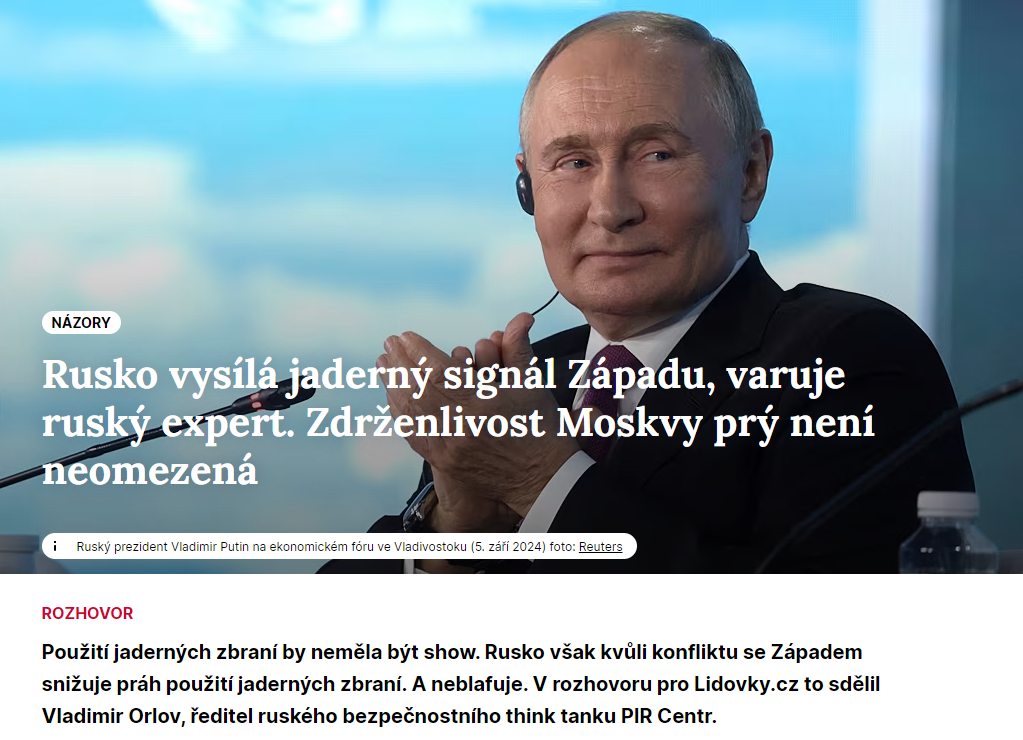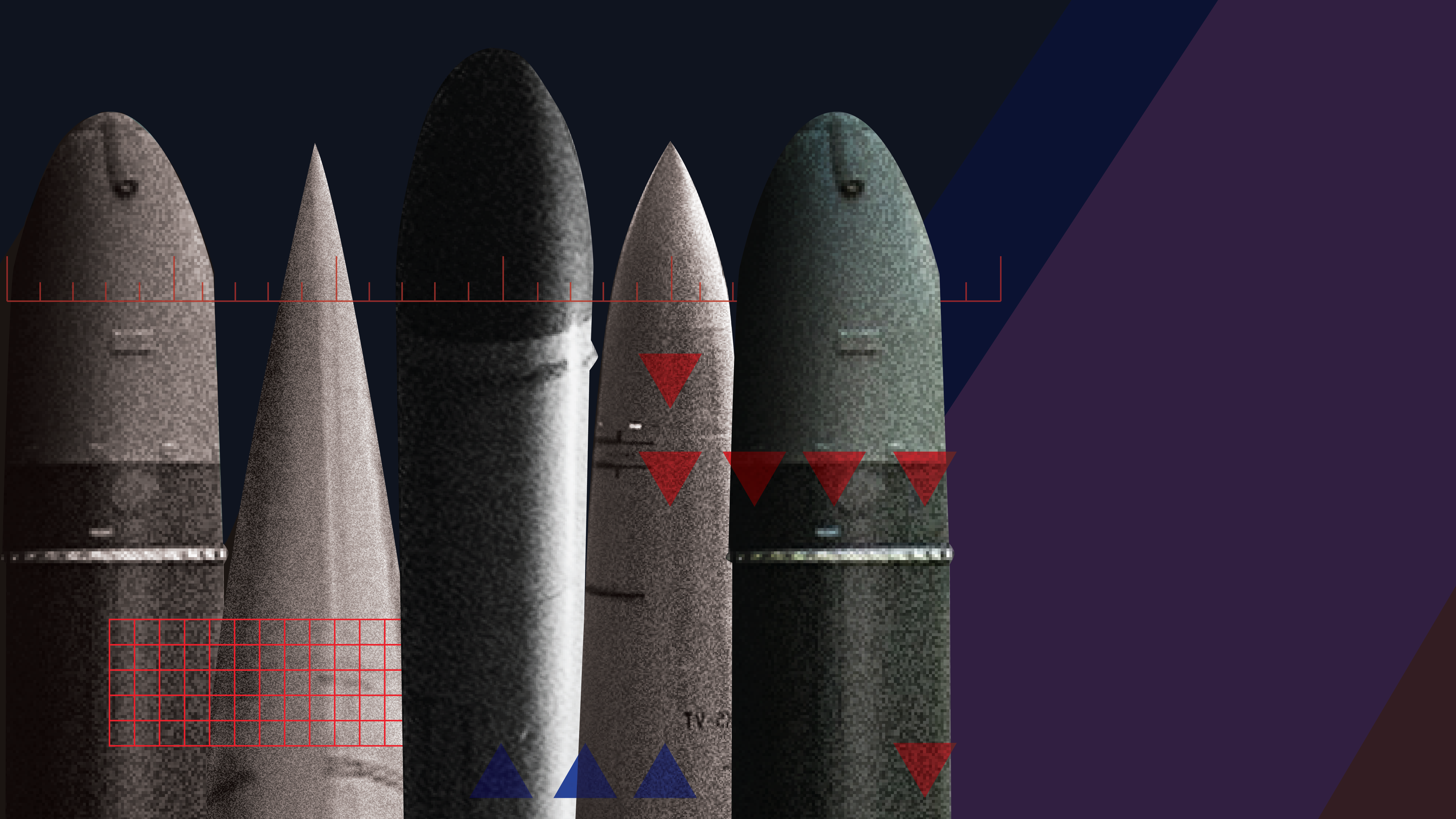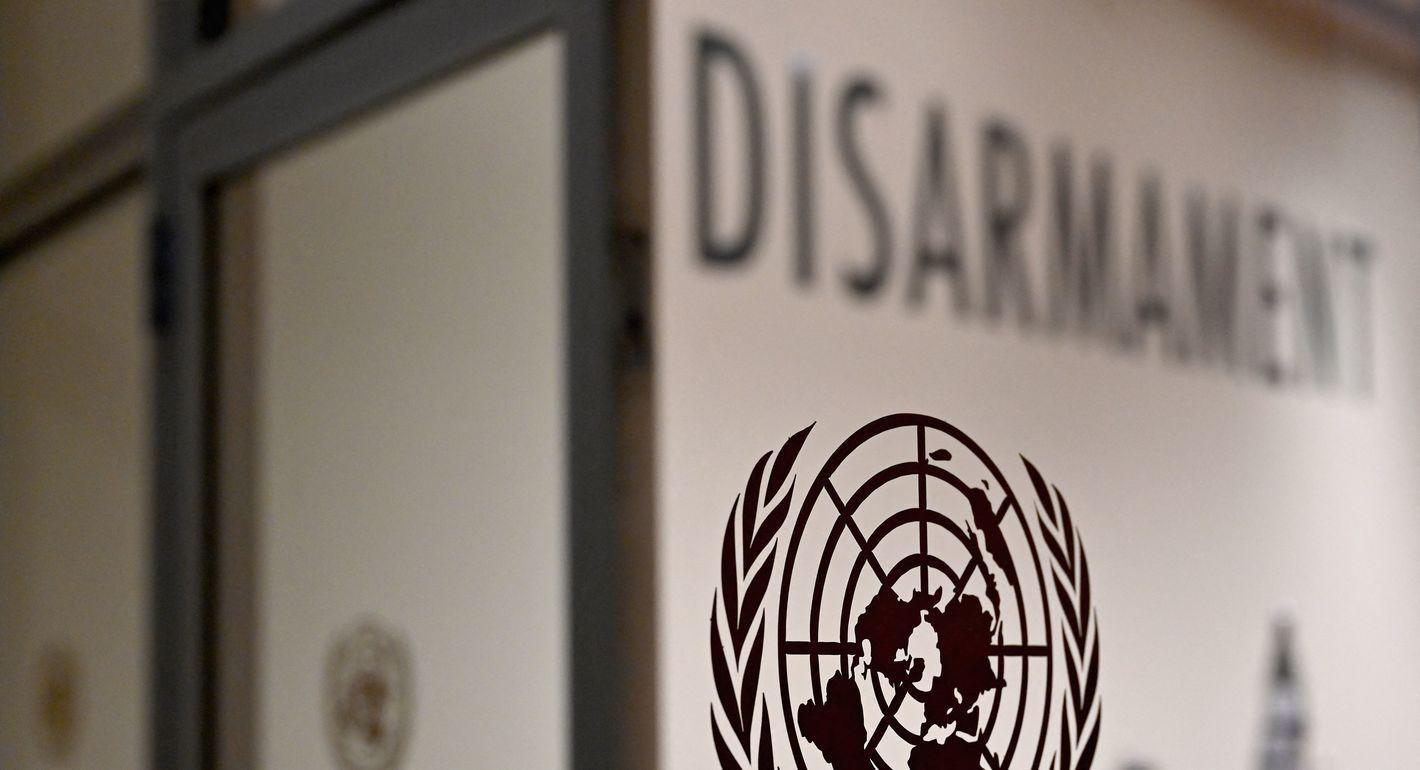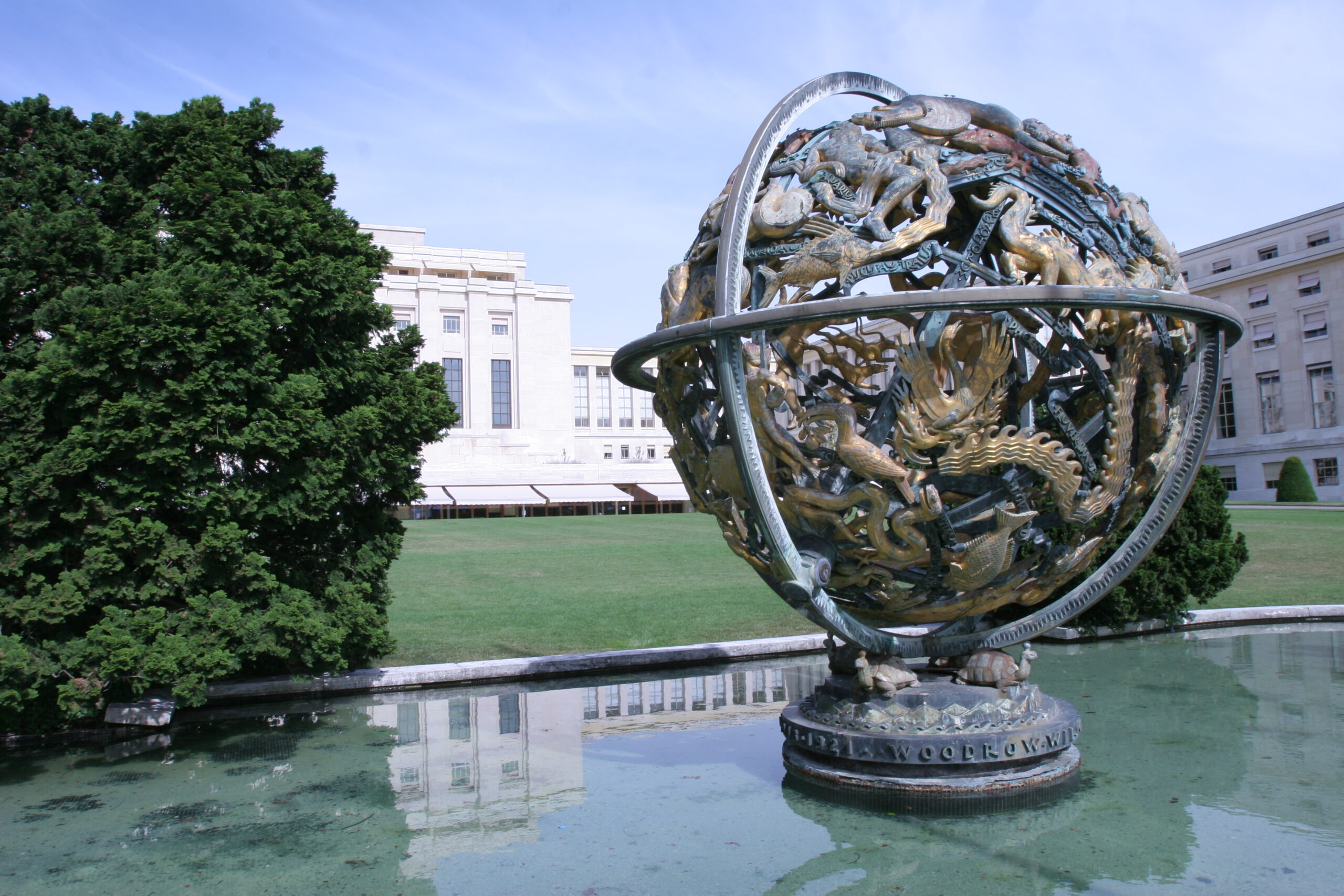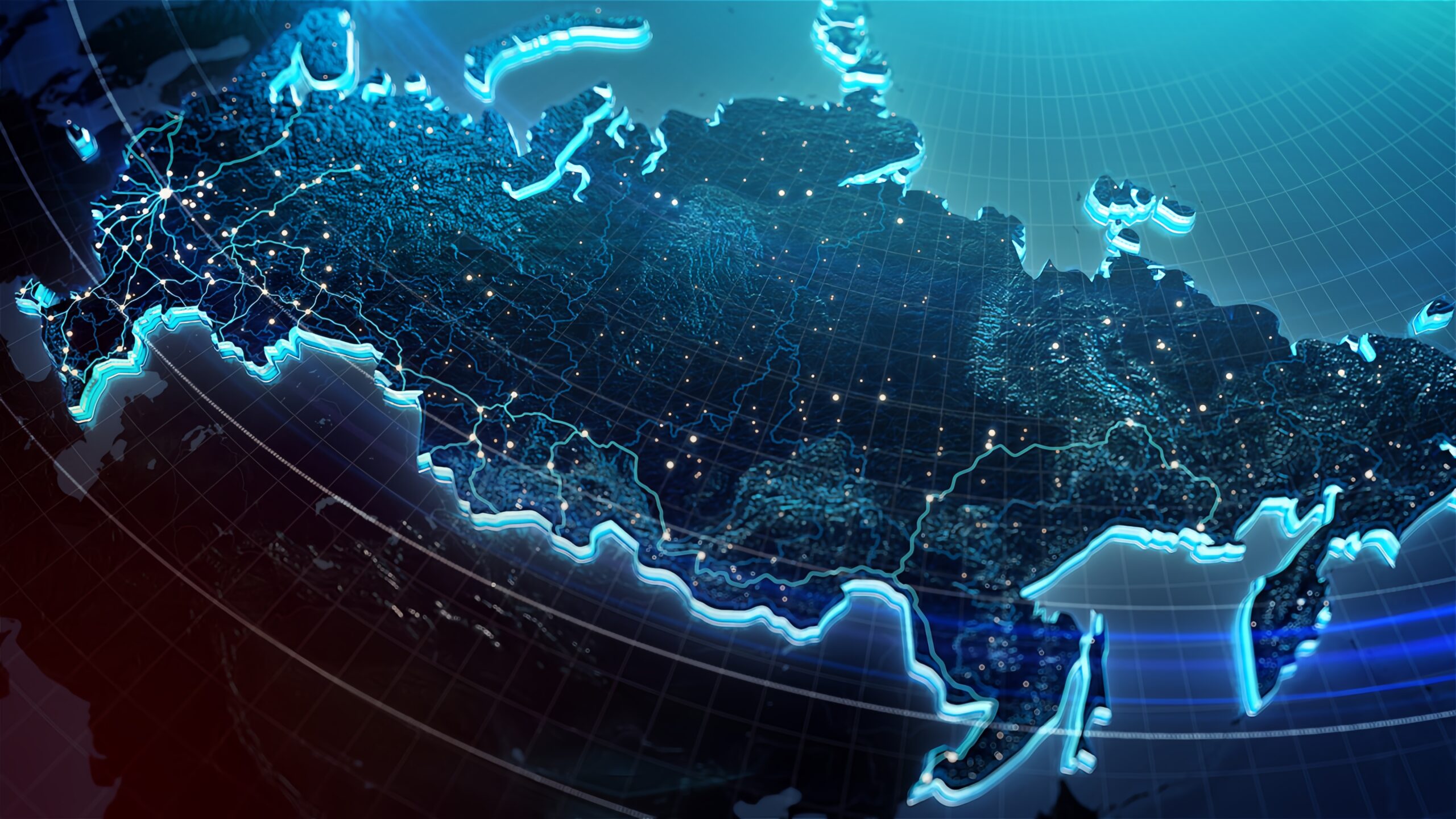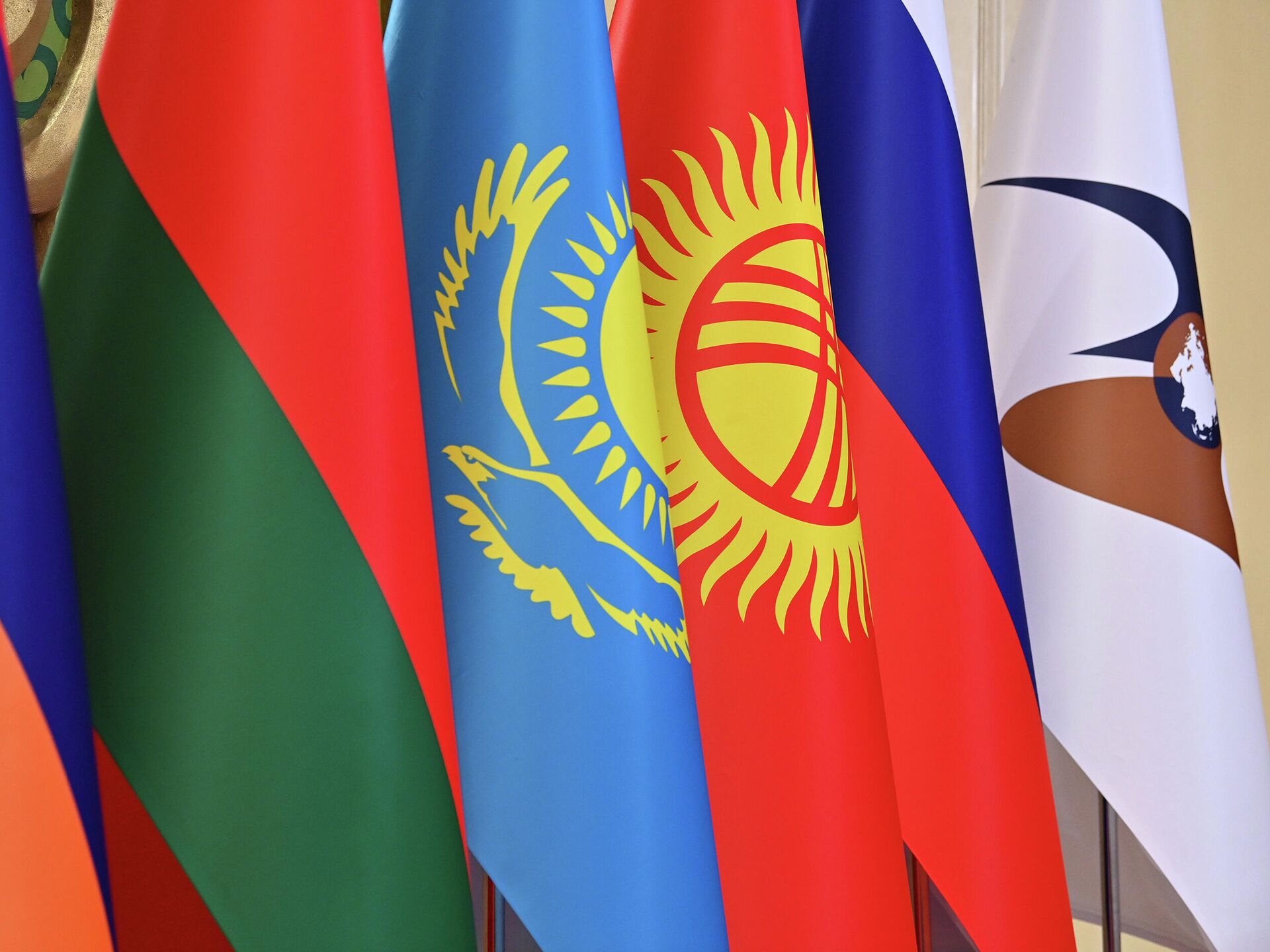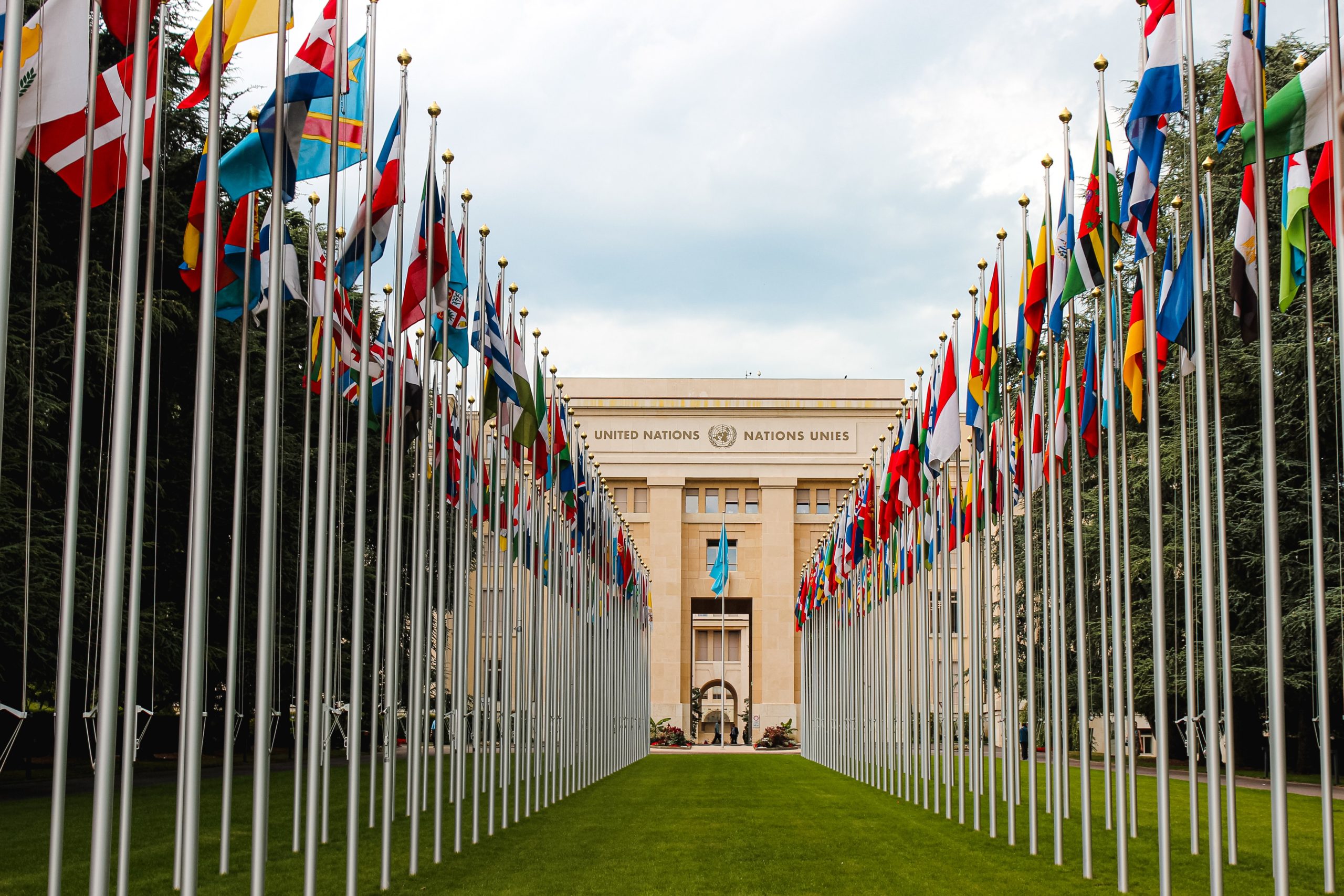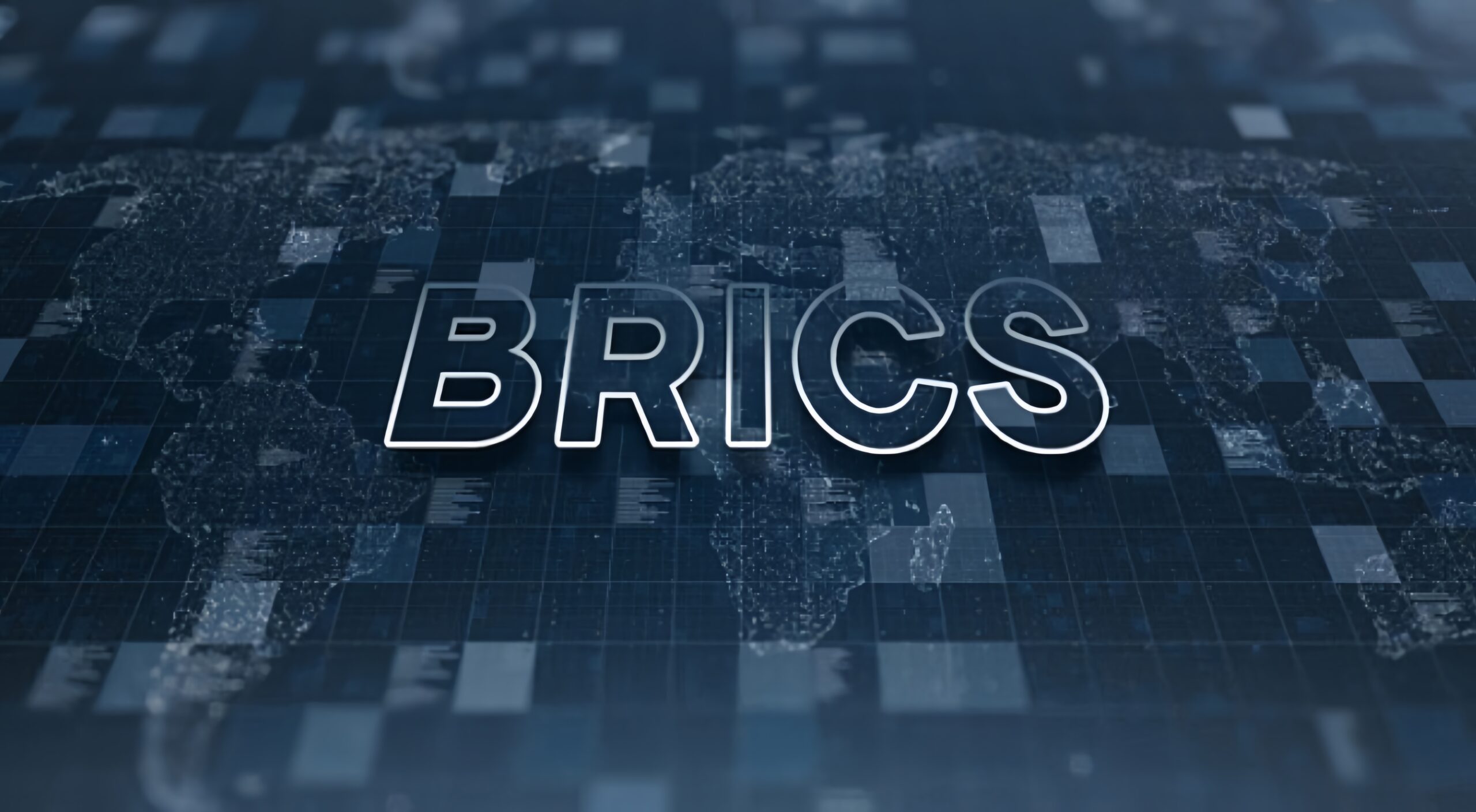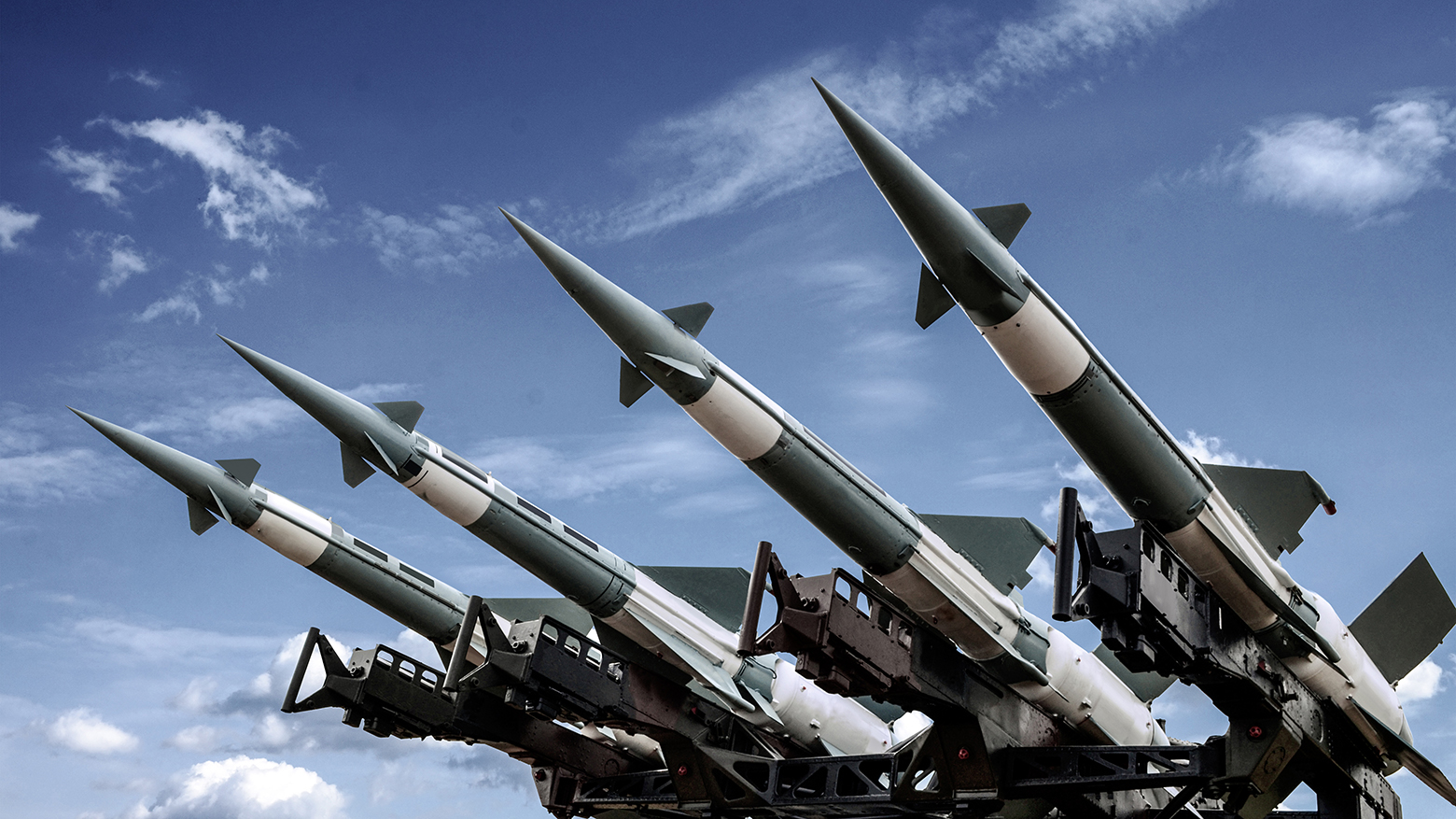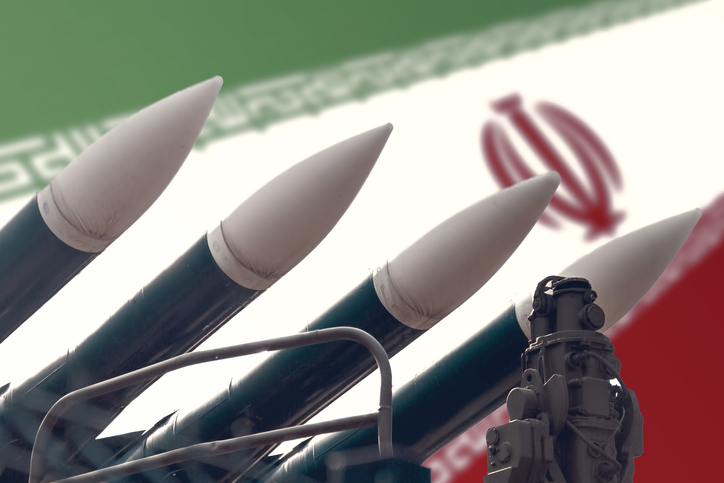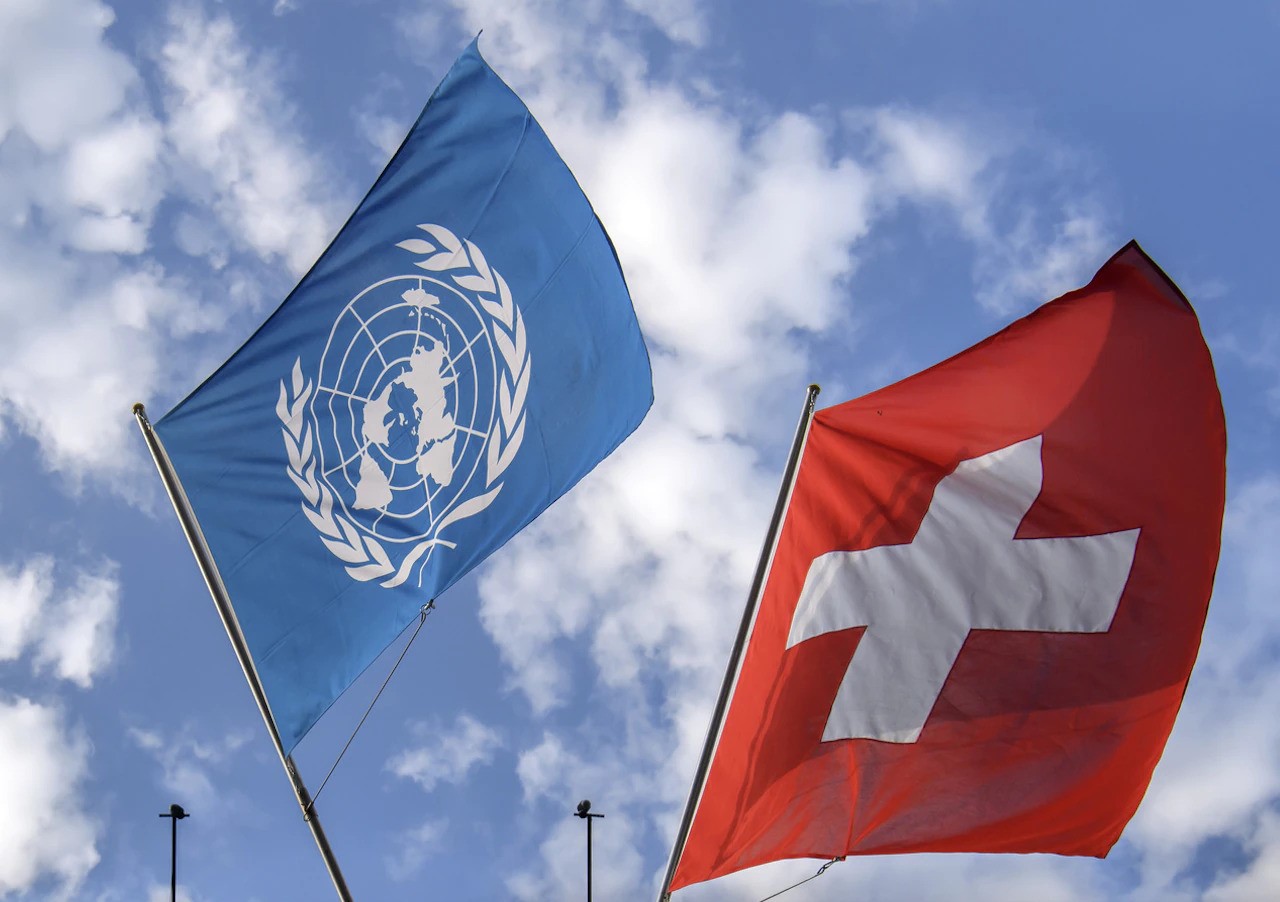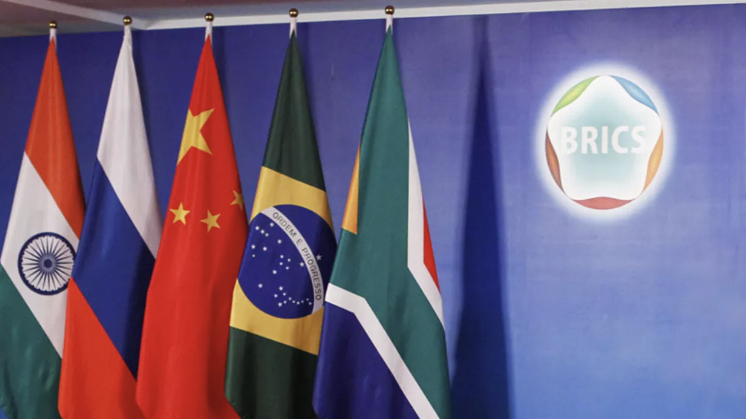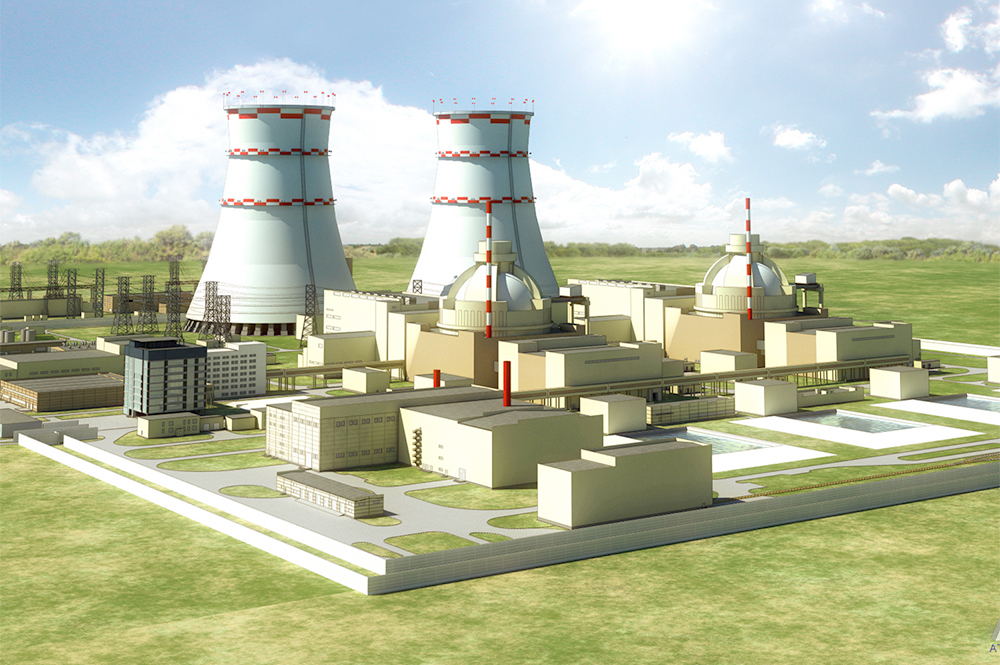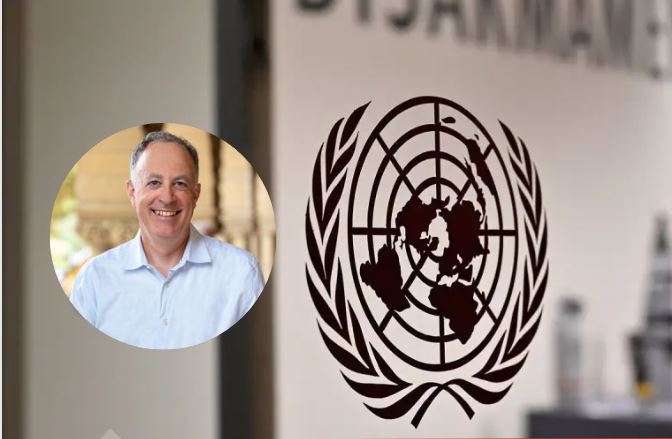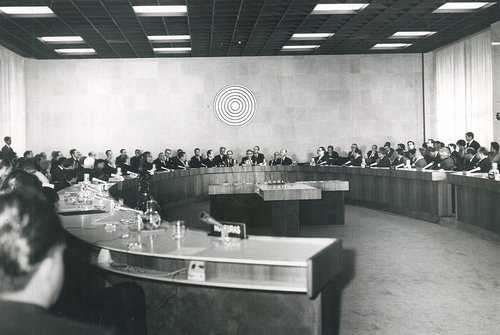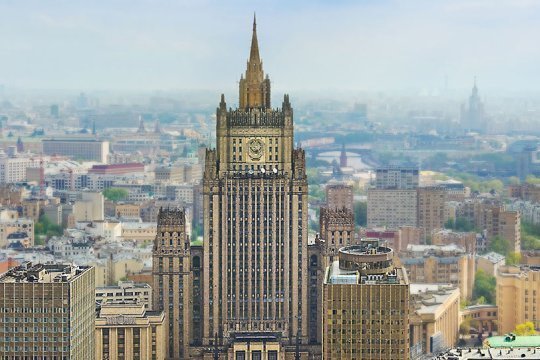Exclusive Interview
«The usage of nuclear weapons should not be turned into a spectacle. Russia, in the context of its conflict with the West, is lowering the threshold for the use of nuclear weapons. And this is not a bluff»: Interview with Dr. Vladimir Orlov for Lidovky
October 14, 2024
Dr. Vladimir Orlov, Founding Director of PIR Center, gave an interview to Lidovky discussing the changes in Russia’s nuclear doctrine, state’s nuclear policy, and relations with the West amidst the current geopolitical crisis.
Lidovky: Press Secretary of the President of the Russian Federation Dmitry Peskov said that Vladimir Putin’s statement on Russia’s nuclear doctrine is a signal to the West. What is this signal?
Vladimir Orlov: It signals that Russia’s restraint is not unlimited. Until now, Russia has shown maximum restraint regarding the use of nuclear weapons. The most it has done is conduct exercises with non-strategic tactical nuclear weapons without taking further steps.
Yes, our nuclear forces were put on full combat readiness at the beginning of the special military operation. But this is normal in the context of a conflict.
The Collective West understands that by supplying Ukraine with long-range weapons that threaten Russia’s security, military assets, and human potential — and allowing their use on Russian territory — the West is crossing so-called “red lines.” Thus, it is effectively becoming involved in the conflict.
Lidovky: What do you mean by the Collective West?
Vladimir Orlov: When we talk about nuclear weapons in the context of the Collective West, it’s a broader concept. It includes countries like the Czech Republic. Although the Czech Republic does not have a nuclear arsenal, as a NATO member, it is indirectly involved in nuclear matters, just like other Western countries without nuclear weapons.
NATO possesses a nuclear arsenal. Three NATO member countries have nuclear weapons: the United States, the United Kingdom, and France. Although France always emphasizes the independence of its nuclear arsenal, this is not significant in the context of NATO membership, as France remains part of the alliance.
Lidovky: Nevertheless, in the West, there is a belief that Russia is bluffing and that the “red lines” do not exist. They don’t believe Russia will use nuclear weapons. How do you respond to that?
Vladimir Orlov: I agree with your observation that many in the West believe Russia is merely trying to scare with nuclear weapons. It’s not so much the military as political analysts like Sergey Karaganov are doing this. That is why Putin raised the issue of nuclear weapons use at a special meeting of the Russian Security Council rather than, let’s say, at the St. Petersburg International Economic Forum.
Moreover, his statement coincided with the United Nations General Assembly in New York, where security issues, including nuclear weapons and the conflict in Ukraine, are being discussed by world leaders.
Putin’s statement can be seen as a clear signal that Russia is in the process of reevaluating its nuclear policy, potentially transitioning from a “maximally restrained” stance to one that is “just restrained.”
We are not trying to scare anyone with nuclear weapons or clearly define when and under what circumstances they might be used. Given Russia’s changed geopolitical situation, we merely describe the general framework for its potential use. At the same time, we remain cautious and will only use nuclear weapons under extreme conditions. Apparently, in most cases related to the ongoing conflict, Russia still does not need to use nuclear weapons. Russia possesses high-quality precision and other types of strategic non-nuclear armaments, which ensure the achievement of military and strategic objectives on the battlefield.
Lidovky: Is Russia lowering the threshold for using nuclear weapons?
Vladimir Orlov: Absolutely. Russia has long been reluctant to do this. Overall, it has sought not to change its military doctrine regarding nuclear weapons. However, when it became clear that the Collective West, including the three NATO nuclear states, continued to escalate, Russia began to consider new options that were not initially planned at the beginning of the Ukrainian conflict.
Lidovky: Has the interpretation of the nuclear doctrine become more complicated since February 2022, when Russia expanded its territory by adding so-called new regions (Donetsk, Lugansk, Kherson, and Zaporozhye), even though most countries, including Russia’s potential and actual adversaries, do not recognize this expansion?
Vladimir Orlov: The interpretation of the Russian borders does indeed differ. In the Czech Republic or any of the NATO nuclear states, such as the United States, the United Kingdom, or France, Russia’s borders are perceived as they were before 2014 — without Crimea, the Donetsk and Lugansk People’s Republics, or the Zaporozhye and Kherson regions.
As a citizen of Russia, when I read the Russian Constitution, I see the constitutional definition of our borders, including these regions. As an analyst, I see particular tensions since, from Russia’s perspective, these are our territories, although they have yet to be fully liberated.
When we talk about a massive non-nuclear strike that the West or its allies, including NATO nuclear countries, might deliver against Russia using aerospace assets, it is a stark reminder of the potential threats to all territories specified in the Constitution. It would be a grave injustice to the citizens living in these territories if the State declared that it would act differently in case of attacks on them. This is a matter of utmost seriousness, and it is imperative that such a scenario does not come to pass.
Of course, part of Russian territory is now in the active combat zone, which increases the risks, including nuclear risks, and this cannot be denied.
Lidovky: Were there any situations in recent years when Russia could have used nuclear weapons, for example, tactical ones?
Vladimir Orlov: In my view, the Russian Federation’s approach to nuclear weapons is much stricter than that of other countries. We act more restrained and cautiously than many expected.
That is why the West often believes that Russia is bluffing. This opinion is partly because Russia shows maximum restraint in using this powerful weapon, which is always ready for combat and does not require time for production.
You ask if Russia has, in recent years during the Ukrainian conflict, planned to use nuclear weapons or could have done so. My answer is no.
Unlike the US in Vietnam or Korea, as far as I know, Russia had no plans to use nuclear weapons either on Ukrainian territory or against other states, as there was no military necessity.
Problems were and are being solved by traditional military means, which, in most cases, have proven effective, although part of Russian society expresses higher demands on the military and political leadership. Voices call for more decisive action, especially concerning the Kursk region’s situation. This is a sensitive issue for Russia, as the region is historically significant and is associated with the Battle of Kursk during World War II.
Today, within Russian society, there is an increased demand for decisive action, as many trust our nuclear forces and believe that all available means can be used to end the conflict and protect the country. However, as far as I know, neither the political leadership nor the General Staff of Russia has set such tasks.
Lidovky: Do you think Russians fear nuclear war?
Vladimir Orlov: Everyone fears nuclear war. Therefore, when I mentioned that a significant part of Russian society demands to show the full strength of Russia, including nuclear weapons, this desire is accompanied by an understanding of the terrible consequences of a nuclear war.
Nevertheless, the prevailing opinion in Russian society is that sometimes all means are necessary to defend the country and resolve the conflict. However, the question is whether to use nuclear weapons without grounds or only in highly specified cases. While we have agreed that the threshold for using nuclear weapons has been lowered due to Western aggression, Russia still makes it clear that these weapons will be used only in exceptional and strictly defined situations.
This is also a signal to society: yes, we hear your demands and understand the need for having various plans that include nuclear weapons, but we still consider it a last resort and will act with caution. The simple use of nuclear weapons would be utterly irresponsible. In this matter, our leadership shows the utmost responsibility, which should not be seen as bluffing or weakness.
The interview was initially published on Lidovky.
Key words: Global Security; Nuclear Weapons; Russia’s Nuclear Doctrine
RUF
F4/SOR – 24/10/14


